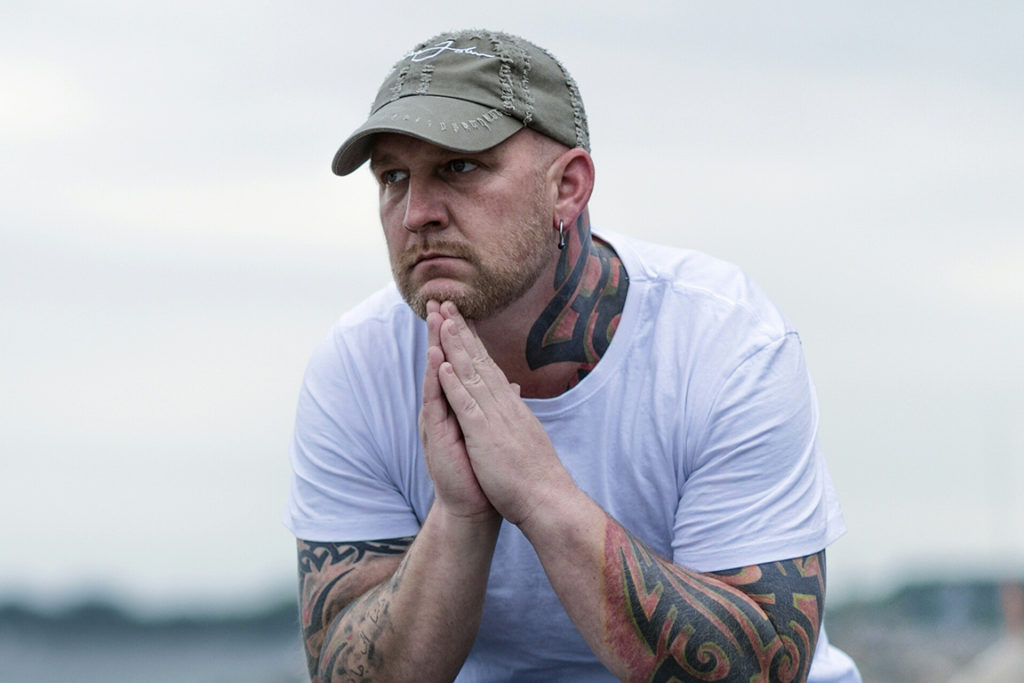
When we talk about grieving, it is usually in the context of death, wherein we grieve the loss of a friend or loved one. But there are other forms of loss we need to grieve.
When someone survives a stroke, for instance, many things change for them and their caregivers. These changes can be interpreted as losses for both the stroke survivor and the caregiver. Stroke survivors may need to communicate differently or require mobility aids. Living spaces need to be modified and relationships between stroke survivors and caregivers may develop and/or change in unexpected ways. These changes may be temporary, as a part of rehabilitation and recovery, or they may be permanent.
All of these changes, such as the loss of independence, control, and function, represent losses for the caregiver, just as much as the survivor. Similar to when a person needs time to grieve the loss of a friend or family member, a caregiver also needs time to grieve the changes and losses that have suddenly come about.
As a caregiver, you may find you experience one or all of the five most common stages of grief:
- denial
- anger
- bargaining
- depression
- acceptance
You may experience some or all of these common stages, and you may not experience them in any particular order. Some caregivers will resent their new role and the changes that come with it. If you find this to be you, do not feel guilty and know that it is okay to feel this way. Your life has been drastically altered, and you need time and support to navigate this new reality.
Many caregivers respond by initially setting impossible goals for themselves. Some people have an ideal standard of care and want to provide it immediately and with absolute perfection. Then once reality sets in and things do not go according to plan, caregivers feel guilty for falling short. These feelings are also acceptable, and if this is you, just remember to set reasonable goals, and ask for help when you need it. You cannot do it all and neither can anyone else.
The most important thing to remember is that everyone reacts differently. There is no correct emotional response. Becoming a caregiver to someone you love is a difficult, and often sad process, and you have the right to grieve and experience the emotions of anger, guilt, and failure.
The good news is that with time, acceptance, and resources, the grieving can end. You have the opportunity to reach a place where caregiving becomes part of a full, rewarding life for both you and your stroke survivor.




